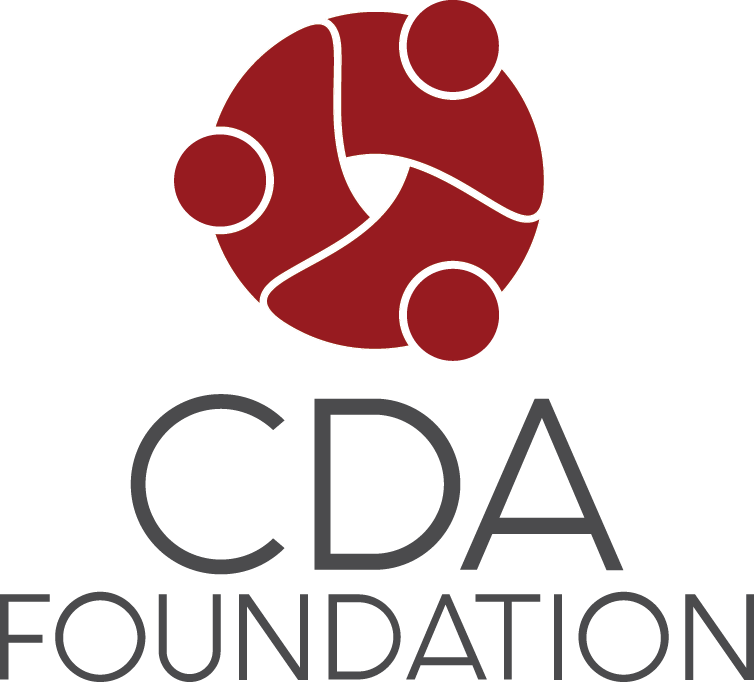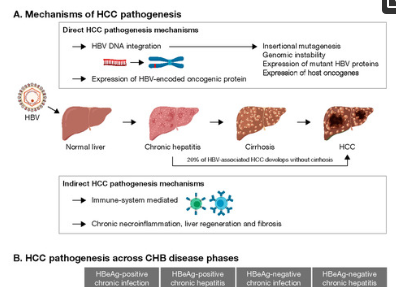Summary
Chronic hepatitis B (CHB) is the most common cause of hepatocellular carcinoma (HCC) worldwide. Antiviral treatment reduces the risk of HCC and mortality; nonetheless, globally in 2019, only 2.2% of CHB patients received treatment. Current international CHB guidelines recommend antiviral treatment only in subsets of patients with clear evidence of liver damage. This contrasts with hepatitis C or HIV where early treatment is recommended in all infected patients, regardless of end-organ damage. This narrative review aims to provide an overview of data on the early initiation of antiviral treatment and its related potential economic impact. Literature searches were performed using PubMed and abstracts from international liver congresses (2019–2021). Data on risk of disease progression and HCC and the impact of antiviral treatment in currently ineligible patients were summarized. Cost-effectiveness data on early antiviral treatment initiation were also collated. Accumulating molecular, clinical, and economic data suggest that early initiation of antiviral treatment could save many lives through HCC prevention in a highly cost-effective manner. In light of these data, we consider several alternative expanded treatment strategies that might further a simplified ‘treatment as prevention’ approach.

